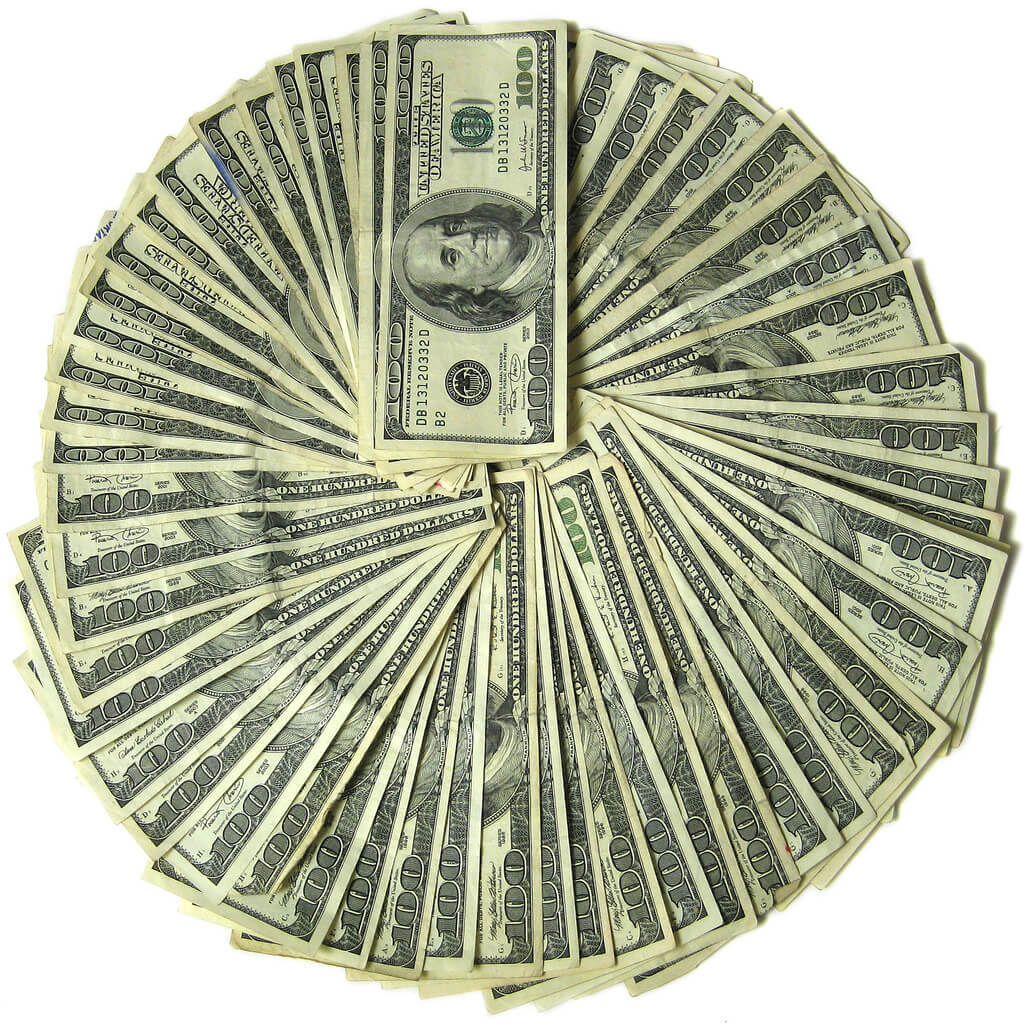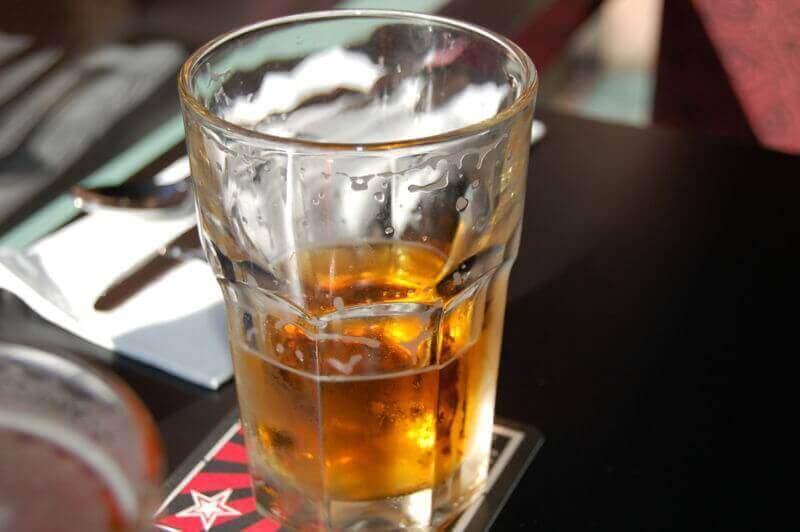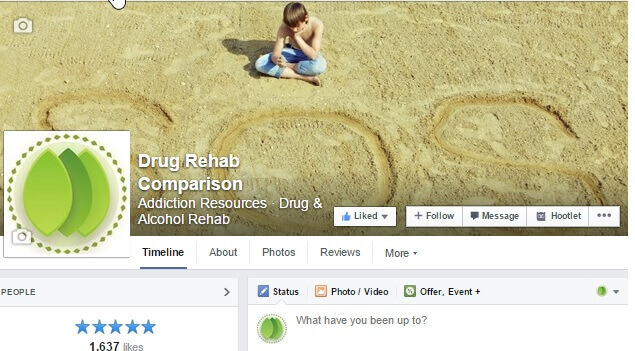There is an undeniable association between sexual abuse and addiction. It could even be referred to as a vicious circle. Sexual abuse victims can often be vulnerable to addictive behavior due to the mental and emotional turmoil that they have endured. On the other hand individuals who are addicted to either drugs or alcohol can leave themselves vulnerable to sexual abuse and assault. Studies show that more than three quarters of those suffering with addiction have encountered traumatic events in the past; many of these individuals also demonstrate symptoms of post-traumatic stress disorder (PTSD).

The silence of fear
In order to understand the correlation between the two it is important to look at each of the elements separately and understand them as individual issues. Just because they are linked, it does not mean that they refer to the same thing, nor does it mean that their connection is exclusive.
Firstly sexual abuse is defined as sexual based acts or events that cause trauma to the victim. These acts or events can include rape, sexual assault, child molestation, incest, hate crimes based on gender identity or sexual orientation and finally sexual harassment. It is also important to understand the meaning of substance abuse, as often it is the offset to what becomes full blown addiction. Substance abuse refers to the misuse and abuse of both legal and illegal drugs/ substances to the point of inebriation and intoxication. There is a fine line between substance abuse and addiction, but it important to note that they are not the same thing. Often substance abuse is a result of a traumatic event and will lead to an addiction, but in some cases the individual is lucky enough to realize the level of destruction in their behavior and seeks help before it progresses to a debilitating addiction.
Addiction therefore is defined as a chronic, relapsing brain disease that is characterized by compulsive drug seeking and use, despite the harmful consequences. The reason it is referred to as a brain disease is because drugs change the brain and how it works; changing its structure and function. So it is important that we understand, addiction is not simply an action or behavior but a genuine disease that alters an individual’s brain. It is harmful to both their mind and body and leads to further destructive behavior.
It has been well documented that sexual abuse and addiction are connected, particularly in women. The figures specific to sexual abuse in the United States show that 1 in 6 women have experienced sexual abuse of some kind and 1 in 33 men. Victims of sexual abuse are 3 times more likely to experience depression, 6 times more likely to suffer post-traumatic stress disorder, 13 times more likely to abuse alcohol and 26 times more likely to abuse drugs than those who have not been sexually abused.
In the U.S someone is sexually assaulted every two minutes, which results in over 200,000 victims every year. Unfortunately over half of these incidents go unreported and often as a result victims go on to self-medicate with alcohol and drugs; these substances are used as a means of coping with the experiences and to block out the painful memories associated with them.
Addiction is a hugely difficult affliction to overcome, even more so when you also need to overcome the experience of sexual abuse. In order to fully recover both of the issues must be dealt with. In order to start the healing process and in order to have a genuine chance of working through these experiences the individual must get clean and sober. Once they have taken this step they can then begin to look at addressing why they became addicted to a particular substance in the first place. There are many parts to the recovery process, however there is no one uniform method, as each individual is different.
Below are some statistics reinforcing the association between sexual abuse and addiction. It is a two prong problem & each issue must be dealt with fully in order to begin and maintain recovery.
- About half of all men and two-thirds of all women in drug treatment centers report past sexual or physical abuse
- Victims of rape are 13.4 times more likely to develop two or more alcohol related problems and 26 times more likely to have two or more serious drug abuse-related problems.
- In a study of male survivors sexually abused as children, over 80% had a history of substance abuse.
- 75% of women in treatment programs for drug and alcohol abuse report having been sexually abused.
- Nearly 90% of women with alcohol dependency were sexually abused as children or suffered severe violence at the hands of a parent.
Resources:
http://ps.psychiatryonline.org/doi/full/10.1176/appi.ps.52.11.1530
http://www.mhanys.org/programs/bc/Substance_Addiction_and_Sexual_Assault_Survivors_UPDATED_9-08.pdf
https://www.rainn.org/get-information/effects-of-sexual-assault/substance-abuse
http://alcoholrehab.com/drug-addiction/substance-abuse-consequence-sexual-abuse/
http://www.drugabuse.gov/publications/media-guide/science-drug-abuse-addiction-basics





